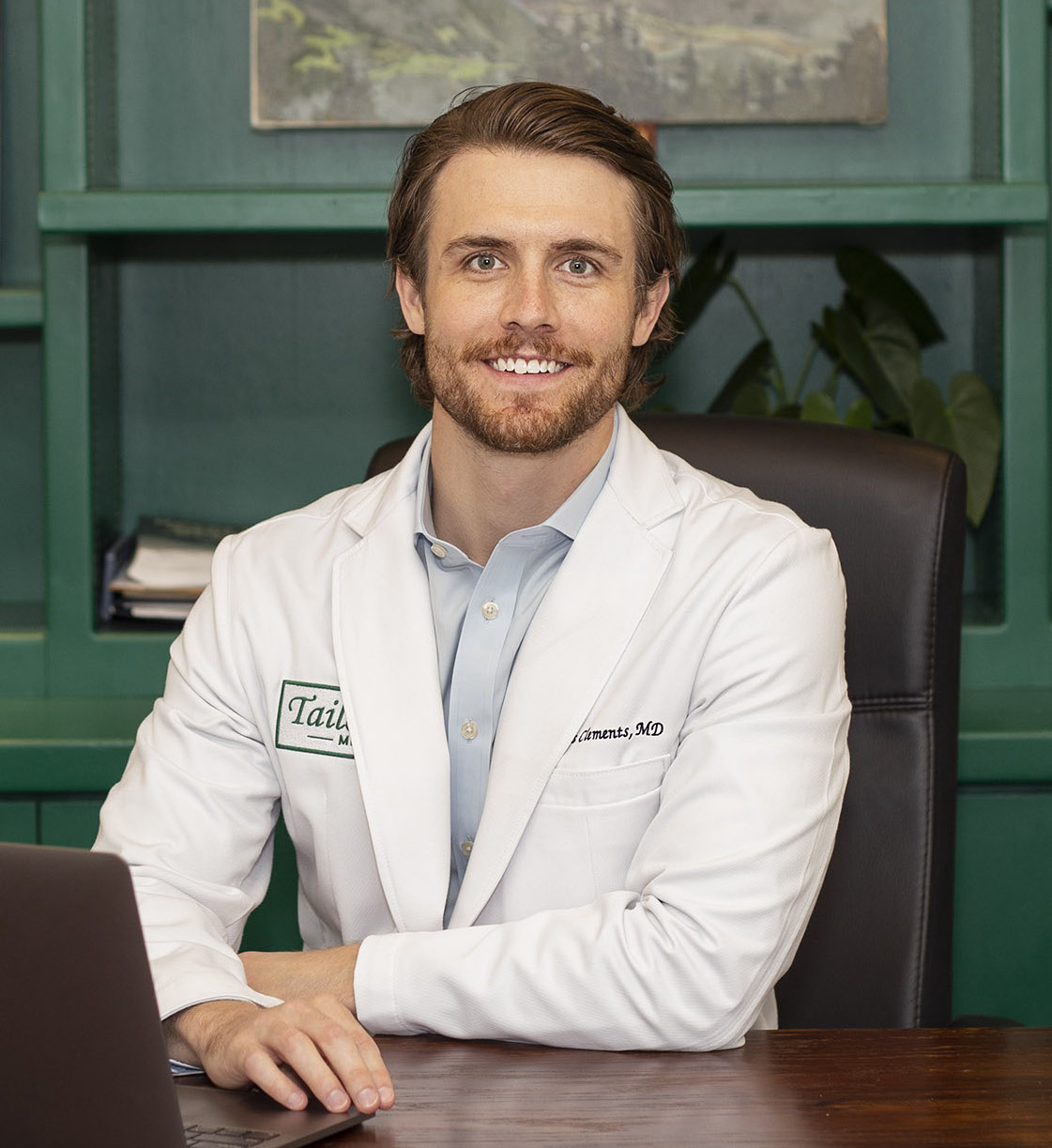

1. Learn to actually do things
This is something I wish I had the foresight to know during medical school and residency. As doctors, we spend 99% of our time either consulting the patient, or clicking away at the computer. We rarely take the time to run an EKG machine, obtain IV access, perform spirometry testing, or collect labs. These are all things I had to learn or re-learn later when I started my own DPC practice as I had no employees. Use your time in training to develop these skills.
2. Spending matters
You should try to position yourself to have as little debt as possible by the end of your training. Having a low debt burden will give you freedom in some of the major decisions you’ll be making about DPC: Decisions such as when to start DPC, whether to start DPC employed or as an owner, obtaining financing, having a side gig, etc.
Everybody knows these common ways to avoid debt: Don’t buy a fancy car, don’t eat out every day, and don’t spend a bunch on rent or expensive vacations. I think the largest contributor to debt, however, is often overlooked – which school and residency you attend.
Maybe it’s too late for you to hear this, but first, school or residency prestige rarely matters. I think maybe 1-2% of patients ask what residency or school I went to. Pretty much nobody cares. Of course, go to a school where you will be happy but go cheap and in-state if you can. Also, residency salary doesn’t vary much across state lines so you may consider attending a residency in a low cost of living area.
3. Don’t let anyone tell you when you have to open a DPC.
For me, working in an insurance based clinic prior to opening my DPC, feels like it was the right decision. I learned about the limitations of insurance based practice which I used to develop my clinic. I was also able to get into a more comfortable financial position prior to starting my practice, pay off debt, build a cash reserve, and even purchase, rather than lease, my office.
I also know about several DPC doctors who started their practice immediately after residency and are thriving. They sometimes preach that starting immediately after residency is a great time to enter DPC and this is probably true as well. Go at your own pace – just don’t take too long!
C Wes Clements III, MD, is a board-certified family medicine physician practicing at Tailored MD, a Direct Primary Care clinic located in San Antonio, TX. He began private insurance based practice immediately after residency. He quickly realized the pitfalls of conventional medical care, which emphasizes the speed of care, over-medicating, and over referring. He discovered Direct Primary Care as a means to provide better primary care, and his mission is to make this model of care accessible to everyone. Outside of the office, Dr. Clements enjoys powerlifting, skiing, mountaineering, and cycling. He also enjoys spending time with his wife at the gym. Dr. Clements welcomes any person seeking to improve their health and find a profoundly better healthcare experience.
Find him on TailoredMD.com